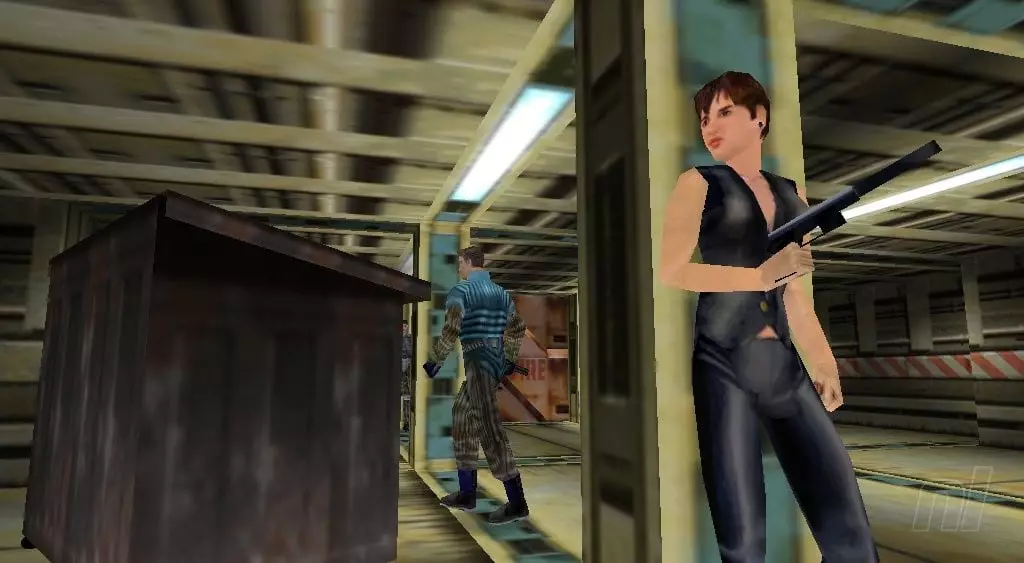The gaming landscape is an unforgiving arena where even the most beloved franchises struggle to survive amidst corporate shifts and shifting market priorities. Perfect Dark, once a shining jewel in Nintendo’s arsenal, has fallen into the shadows ever since Microsoft acquired the rights in the early 2000s. Over the years, it has become emblematic of a broader issue—big publishers sometimes forget the cultural and nostalgic significance of legacy IPs. The recent cancellation of The Initiative’s latest development project, which was set to breathe new life into Joanna Dark, underscores this struggle. It’s a stark reminder of how fragile a cherished game series can be when subject to corporate restructuring, shifting focus, or simply losing faith in a franchise’s potential profitability.
The Fan Outcry and the Power of Passion
Despite the apparent bleakness, the voice of dedicated fans remains a potent force. Actress Alix Wilton Regan’s call to action—urging fans to rally on social media—embodies hope that passionate communities can influence the future of beloved characters. Her plea is rooted in the belief that collective enthusiasm might spark a second chance for Perfect Dark. Memories of the original N64 acclaimed shooter remain vivid for many, and these memories fuel a desire for continuity. The video game industry has demonstrated time and again that passionate fanbases can sometimes preserve or revive dormant franchises, prompting companies to reconsider their strategies. Whether it’s through fan campaigns or indirect influence, communities hold an optimistic but cautious hope that Joanna Dark’s story hasn’t been definitively written off.
The Reality of Corporate Apathy and the Shadow of Uncertainty
Yet, reality often paints a different picture. The cancellation of The Initiative’s project is emblematic of corporate prioritization—cost-cutting, project phasing, or shifting to trending genres seem to dominate decision-making. Microsoft’s history reveals a pattern of abandoning or neglecting in-house IPs, despite their iconic status. The case of Rare’s long-anticipated Everwild exemplifies this frustrating trend. These cancellations cast doubt over whether any future revival is feasible or merely wishful thinking. For now, Joanna Dark remains a symbol of what could have been, a ghost story for fans who yearn for a return but face the harsh economic realities that govern industry decisions.
Is There Still Hope for Perfect Dark’s Return?
While the current outlook appears grim, history teaches us not to dismiss the potential for revival. Companies have been known to revisit dormant IPs under new circumstances—sometimes out of nostalgia, other times as a strategic move to tap into established fandoms. The possible resurgence of Perfect Dark remains uncertain, but it’s not impossible. It’s crucial for fans to recognize that their collective voice can wield influence, even if the road to revival is long and uncertain. Passionate support, creative fan campaigns, and industry shifts could, in time, open the door for new developments. Until then, Joanna Dark’s legacy endures, a testament to the power of nostalgic appeal and the enduring hope that beloved franchises might one day rise anew.

